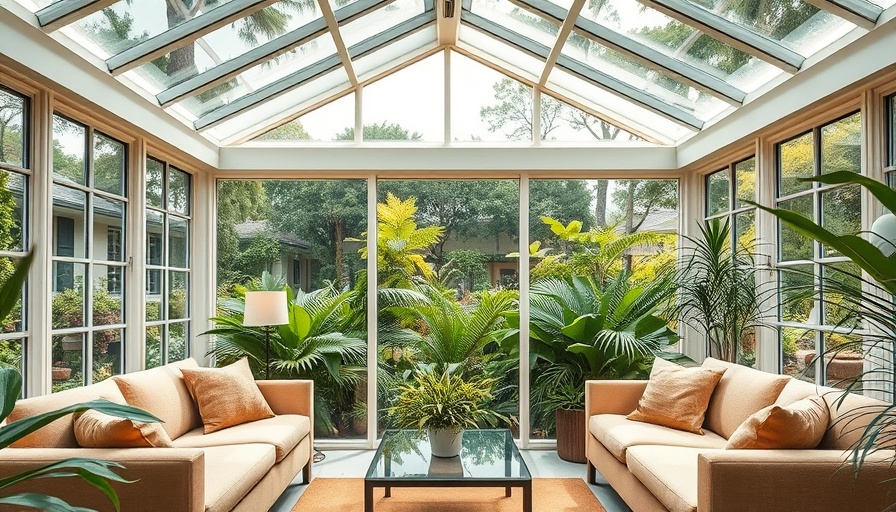
Understanding the Key Differences Between Orangeries and Conservatories
Choosing between a conservatory and an orangery extension can be a challenging decision for homeowners looking to enhance their living spaces. While both options offer additional light and living area, they differ significantly in structure, functionality, and cost. An orangery features a blend of brick and glass, making it sturdier and more suitable for acting as a heated living area, while traditional conservatories are almost entirely glass, providing airy sunrooms but often lacking in temperature regulation.
Evaluating the Benefits of an Orangery
If you’re considering upgrading your home, the benefits of an orangery extend beyond aesthetics. These structures provide superior insulation and energy efficiency, making them more comfortable year-round—ideal for dining rooms or cozy home offices. Moreover, orangeries typically add significant resale value to homes, making them a desirable investment for potential buyers.
Why a Conservatory May Be the Right Fit
On the other hand, conservatories are slightly more affordable and easier to install, often requiring less planning permission. They work great as relaxing spaces or sunrooms, allowing you to enjoy the outdoors without leaving your home. However, it’s important to note that their unique design might lead to temperature fluctuations, meaning they could be chilly in winter and warm in summer.
Considerations for Homeowners
When deciding between the two, consider how you plan to use the space and what fits best with your lifestyle. If you prefer comfort and year-round usability, an orangery may be the best choice. If you’re looking for budget-friendliness and a light-filled space, a conservatory might suit you better. Engaging with a local tradesperson for insights and quotes can help you make a well-informed decision.
Maximizing Your Home’s Potential
Your home is an investment, and your decision between a conservatory and an orangery can impact its value and your daily enjoyment. Assess your options, weigh the pros and cons outlined here, and speak to local experts to find the best fit for your home's future.
 Add Row
Add Row  Add Element
Add Element 


 Add Row
Add Row  Add
Add 

Write A Comment